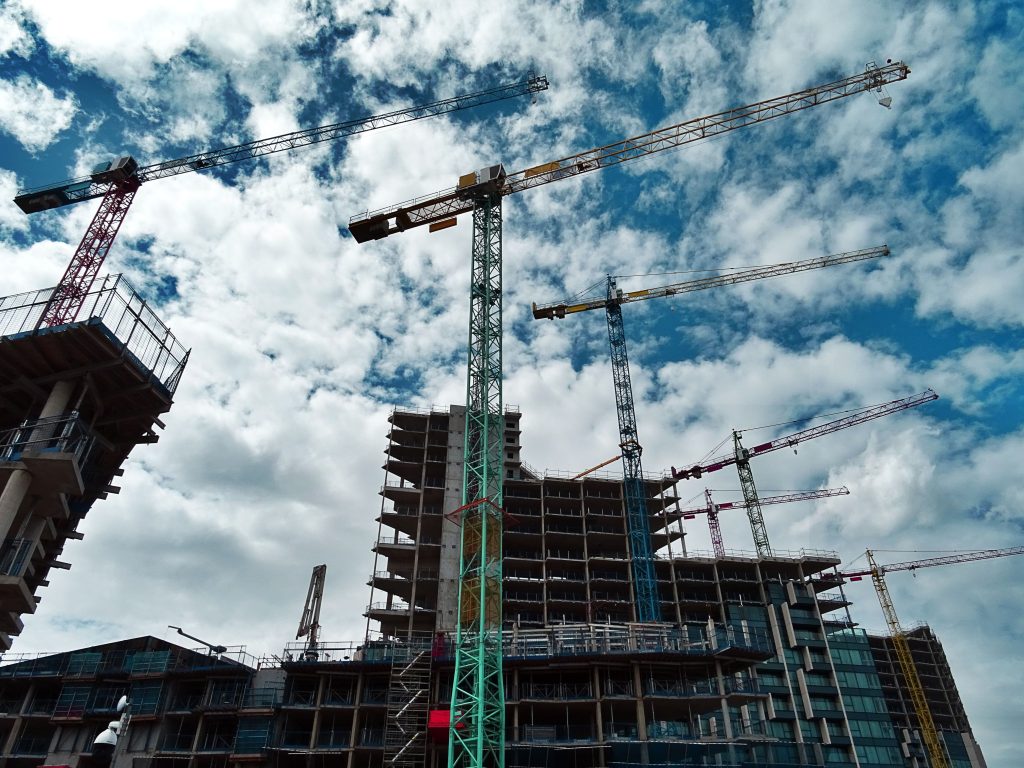The construction sector remains one of the largest and most generative in the UK economy, employing 3.1 million people or some 9% of the total workforce.
However, the industry has also been in a state of flux for several years now, thanks to a longstanding shortage of specialist skills and issues involving access to materials. These are just two of the reasons why successive governments have struggled to build the requisite housing over the course of the last decade.
We’ll explore these challenges below while asking what other issues the industry could continue to face in the next year and beyond.
#1. Materials Shortage
Starting with the materials shortage, this issue has been exacerbated of late and is likely to worsen before it improves.
Currently, lumber, steel and lighting are subject to the most significant shortages, which are largely being driven by continued supply chain issues (that emerged during the coronavirus pandemic) and the ongoing impact of Brexit.
At the beginning of 2021, a staggering 71% of contractors faced material shortages (including those referenced above), while the current production of timber simply isn’t enough to meet the global demand.
However, the issue isn’t as challenging in other countries across the globe, as other nations are willing to pay more to secure the materials that are available.
#2. The Push Towards Net Zero
As part of its ambitious plans to reduce all greenhouse gas emissions in the UK to net zero by 2050, the government is looking to drive an infrastructure revolution that will place huge demands on the construction sector.
More specifically, the main objective is to transform the construction industry so that it becomes considerably more productive and sustainable. At the same time, there’s a wider aim of ensuring that it becomes more competitive on the global stage, through the use of data, technology and contemporary building practices.
This is already causing huge issues, with the UK construction sector accounting for approximately 45% of total carbon emissions on these shores.
Given this and the environmental impact of certain construction projects, net-zero represents a huge transition and one that will take a number of years to complete successfully.
#3. Health and Safety
As we touched on in our introduction, there remains a significant construction skills shortage in the UK. One consequence of this is that sites can struggle to work consistently and efficiently, creating huge challenges in terms of each employee’s health and safety.
It’s, therefore, more important than ever for employers to provide the necessary PPE to their workers, from high-viz jackets and hard hats to ear plugs that help to protect against excessive noise levels.
At the same time, they need to invest in continued training and ensure that staff members operate safely at all times while creating a transparent accident reporting process that also creates accountability.

